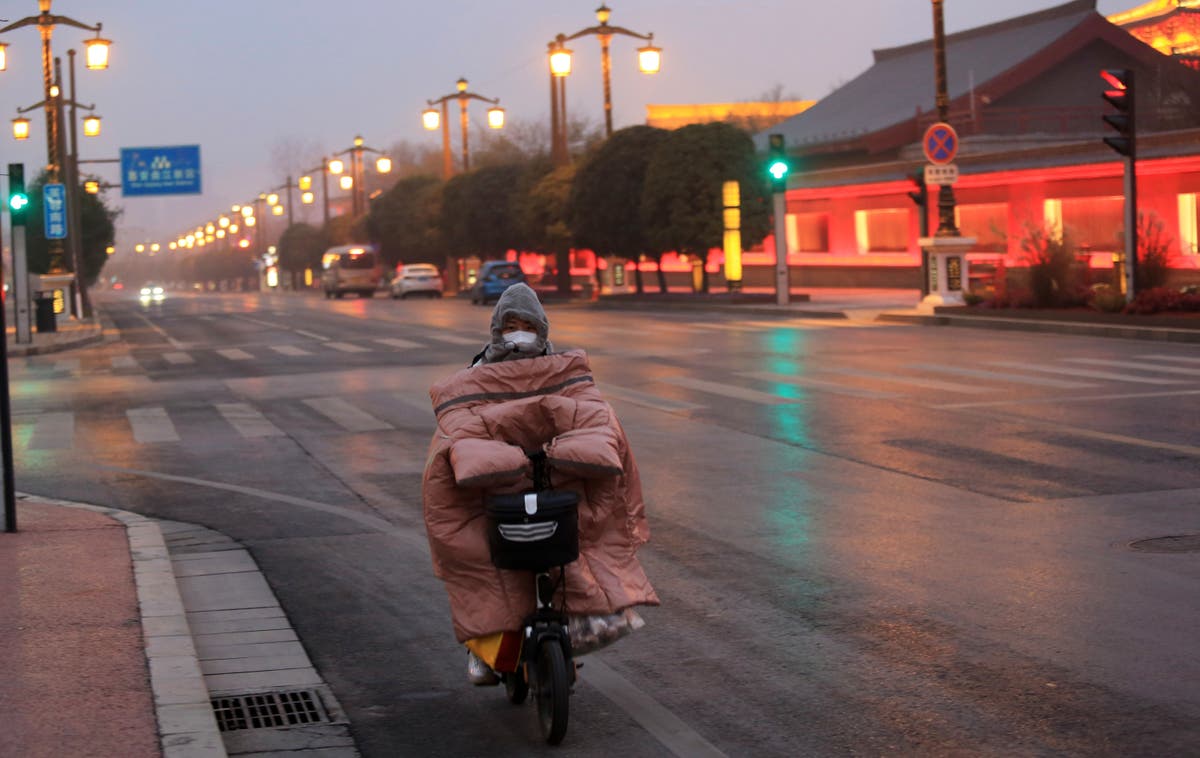China’s lockdown of major cities to tackle coronavirus outbreaks is raising concerns of further disruption in global industries after two processor chipmakers said their factories were affected.
This added to the unease about the global economic impact of the omicron variant. Analysts are warning Vietnam that Thailand and other countries important to manufacturing chains could impose disease-fighting measures that would delay deliveries.
“The closures in China are already causing disruption,” economists from Nomura said in a report on Friday.
The Chinese economy was already cooling under pressure from independent official efforts to force real estate developers and other companies to reduce the increase in debt that has fueled China’s boom over the past two decades.
The largest city in the latest Chinese lockdowns is Xi’an, a metropolis of 13 million people in the west. It is less important as a manufacturer than Wuhan, the central city which closed in 2020 after the first cases of coronavirus were spotted there. But Xi’an has factories that manufacture processor chips for smartphones, auto parts, and other products for global and Chinese brands.
Samsung Electronics and Micron Technologies Ltd. say their factories in Xi’an are affected, but they are trying to minimize the disruption by relying on global production networks. Micron said some deliveries could be delayed.
These factories manufacture DRAM and NAND memory chips used in smartphones, personal computers and services. These guys were unaffected by the chip shortages last year that disrupted automotive and other manufacturing. The industry is therefore likely to have stocks.
Authorities have also cut off access to parts of Ningbo, south of Shanghai, one of the busiest ports in the world. This slows down freight handling and can increase the already high shipping costs.
Yuzhou, a city of 1.2 million people in central Henan Province, was closed on Thursday. Access to Yongji in neighboring Shanxi province has been suspended and mass tests ordered after traces of the virus were found at a train station.
The ruling Communist Party’s intensive controls on travel and business as part of a “zero Covid strategy” that aims to prevent the virus from entering China have kept the number of new infections relatively low.
The government reported 174 new cases nationwide on Friday, including 57 in Xi’an and 56 in Henan Province.
Unlike the United States and other governments that have tried to downplay the economic impact of antivirus controls, the zero Covid strategy includes travel and business restrictions that impose high costs.
Beijing last year took the unprecedented step of shutting down most of the world’s second-largest economies to fight the virus. Economic growth rebounded after factories, stores and offices were allowed to reopen when the ruling party declared victory over the virus in March. But scattered towns and villages and some individual neighborhoods have since faced more temporary blockages to stop the epidemics.
Economic growth was already slowing after Beijing tightened controls on the use of borrowed money by real estate developers. This caused a collapse in construction, one of the biggest contributors to economic growth.
Forecasters reduced their outlook for China’s economic growth in the last quarter of 2021 to just 3% from a year earlier, citing the construction crisis. That’s down from 4.9% and 7.9% the previous quarter in the three months ending last March.

